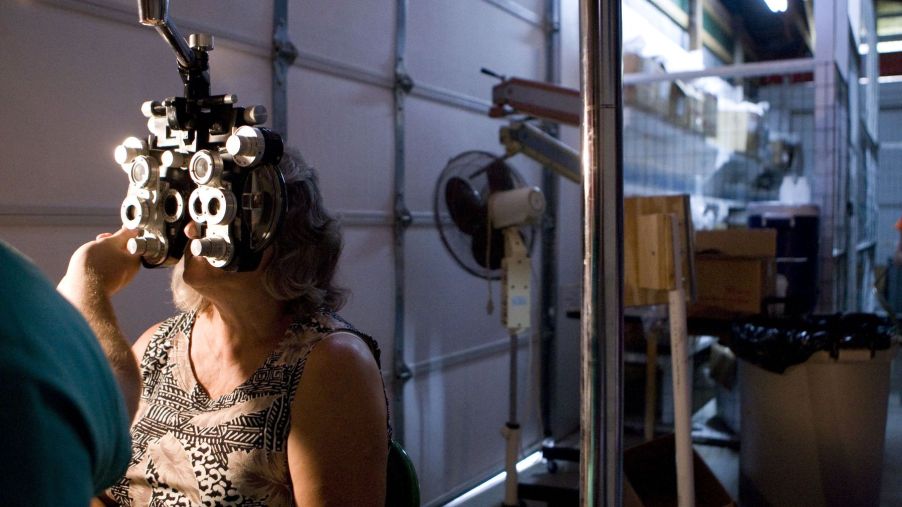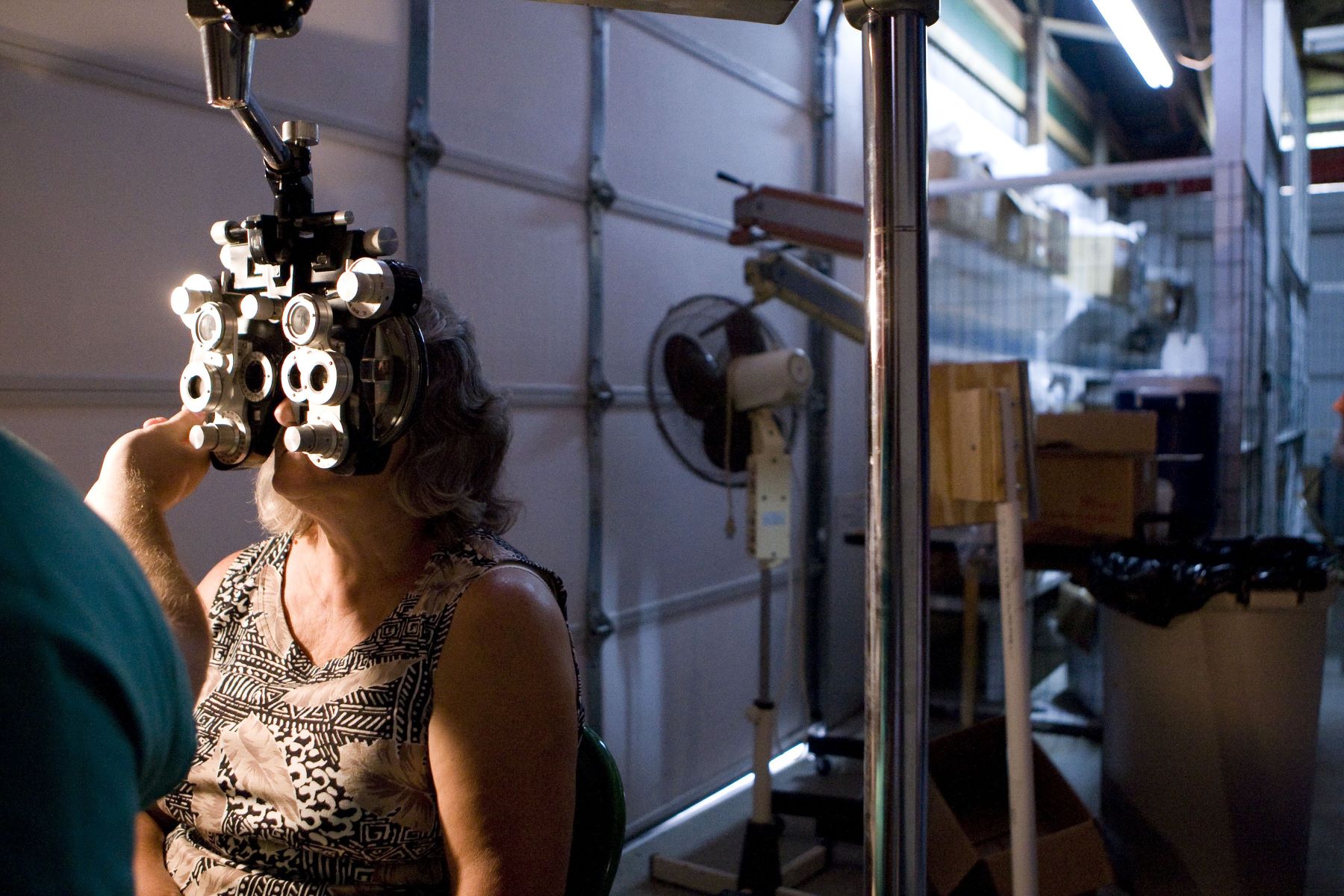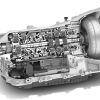
Is It Illegal to Drive After Getting Your Eyes Dilated?
They say that you should have your eyes checked yearly, even if you can see things clearly. However, many of us avoid doing it as often as we should because typically, an eye exam means they will likely dilate your eyes. This procedure affects your eyesight so heavily that you may need help to get home. The question is whether eye dilation is allowed in terms of car safety. So, is it legal to drive after eye dilation?
What is eye dilation, and why do it?

Your eye pupils are designed to open or widen when you are in low light situations and get smaller when you step into the daylight. It is a way your eyes naturally take care of themselves.
The problem is, during an eye exam, your optometrist will need to expose your eyes to light if they want to see any potential issues. You may not be able to control it, but they have drops that will force your pupils to stay open.
According to WebMD, there are many benefits to dilation. It allows your eye doctor to see problems, even those in the back of your eye. This is helpful when looking for eye tumors, detached or torn retinas, and many other eye diseases that can threaten your eye’s health.
It is also beneficial because you may not know that you have a problem with your optic nerves, retina, or macula. After all, problems in those areas are often painless. Your vision can deteriorate so slowly that you may not even notice it until it is too late to fix the issues. This can make it dangerous to drive in the future.
Is it safe to drive after dilation?
Many people worry that it could be illegal to drive if their eyes are dilated. After all, some people say that they cannot see clearly after having it done. Rest assured, there is nothing illegal about it, and it’s considered safe to drive with your eyes dilated, WebMD explains.
However, most eye doctors will tell you that you should only drive if you are comfortable driving. You can even take a few minutes to sit in the waiting room until you can see clear enough to drive if you feel unsafe getting in the car immediately.
One thing you want to keep in mind, though, is that when your eyes are dilated, you may be more sensitive to light. Therefore, glare can be a problem. To combat light sensitivity, you will want to wear dark sunglasses if your eye examination occurs on a sunny day.
Is there anything you shouldn’t do with your eyes dilated?
According to the Medical Eye Center, on average, most adults have clear vision within an hour of having their eyes dilated. Most adults have light sensitivity for less than 6 hours. Adults with light-colored eyes may have to wait a little longer for their vision to clear, but it still should not affect you for very long. As for children, kids may have light sensitivity for up to 24 hours.
The truth is no one can tell you how your experience with eye dilation will feel. We do not know to what extent your eyes will be affected. Therefore, if it is your first time having it done, you can opt to have someone go with you if you need them to drive or get their help in other ways since some things can be harder to do right after eye dilation.
In most cases, you should expect your eyesight to be a little blurry, especially for short-range vision. This will be most noticeable if you attempt to read or use your cellphone to check your social media timeline. This should be a temporary problem for most people.


